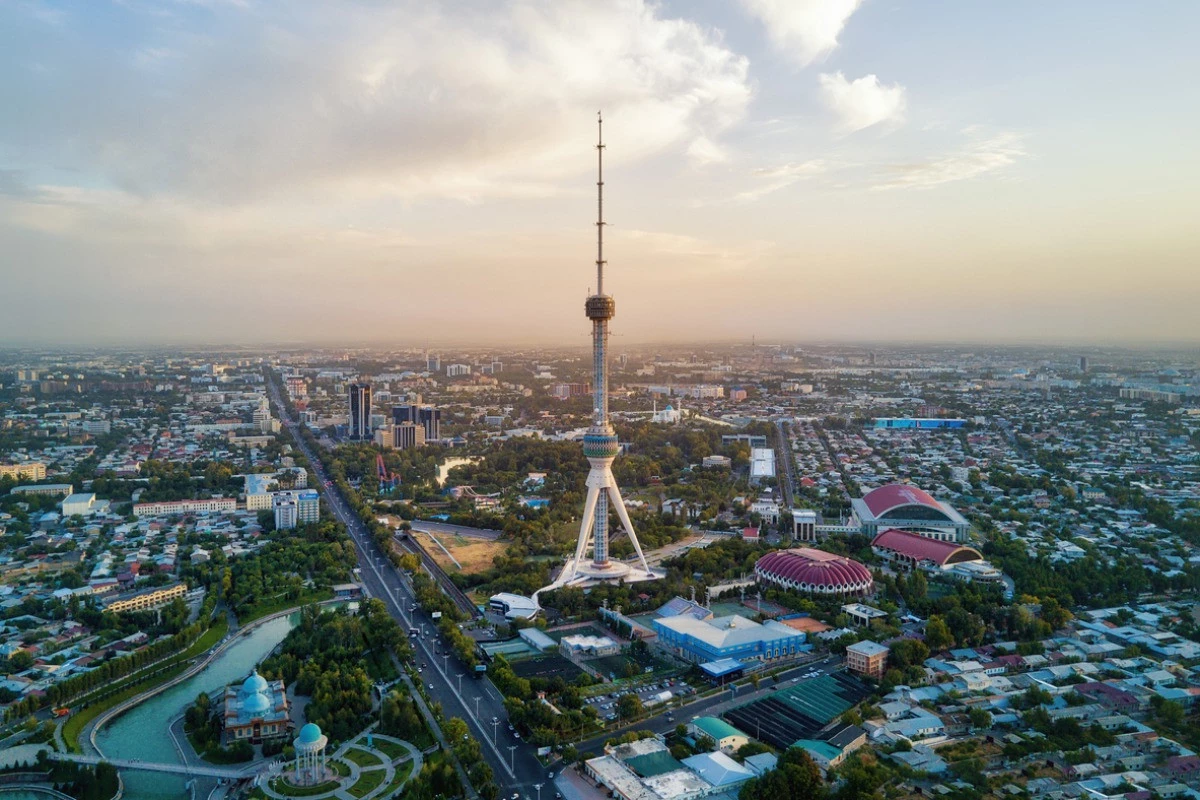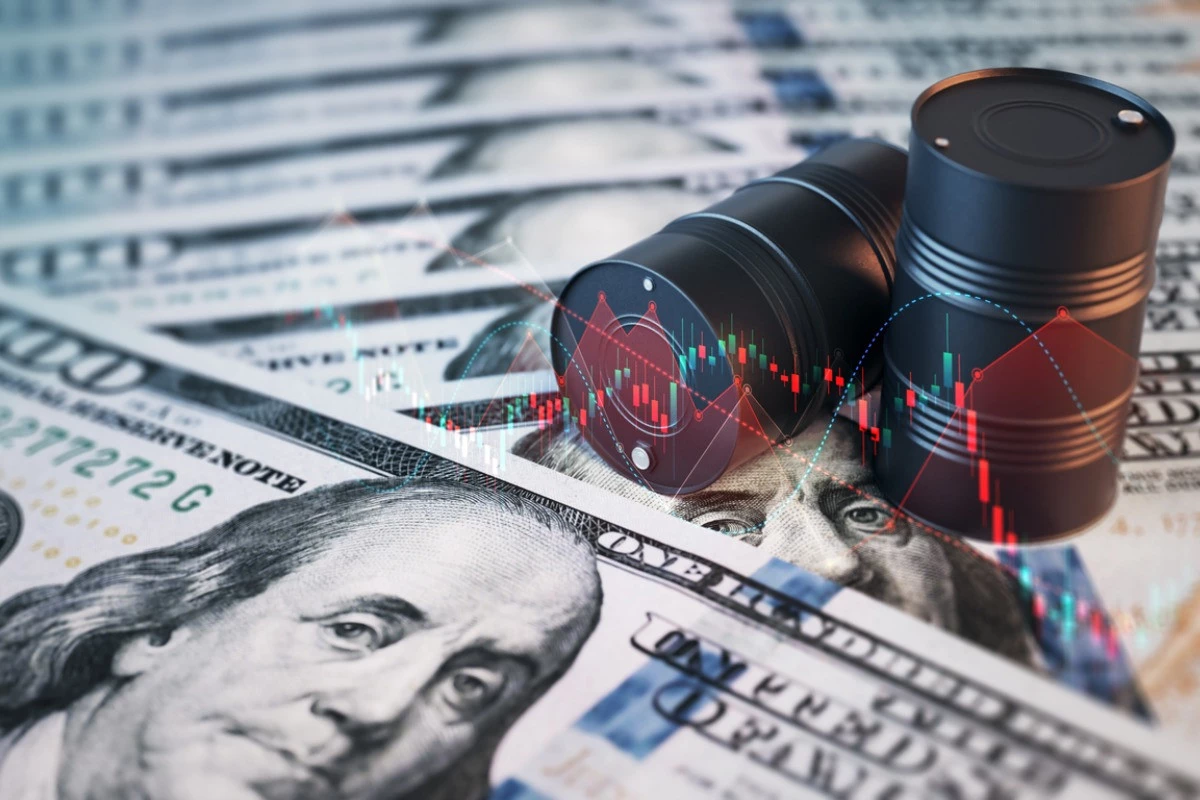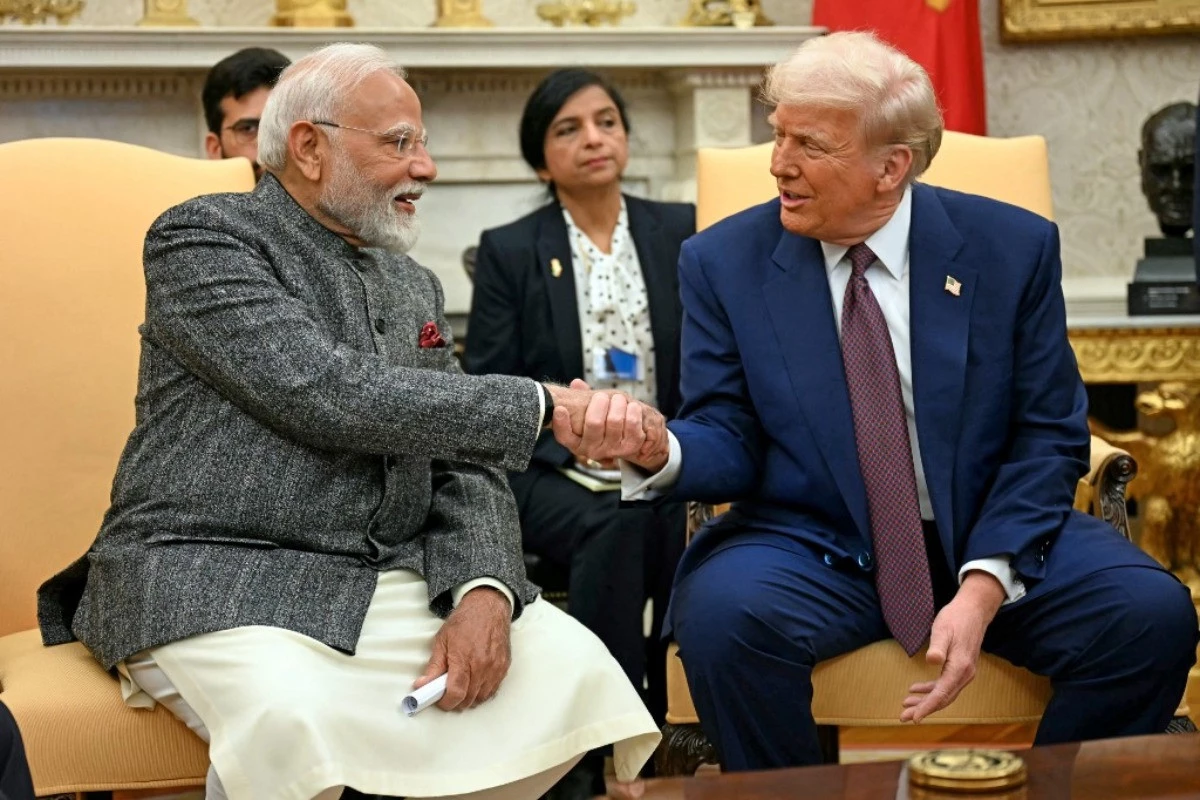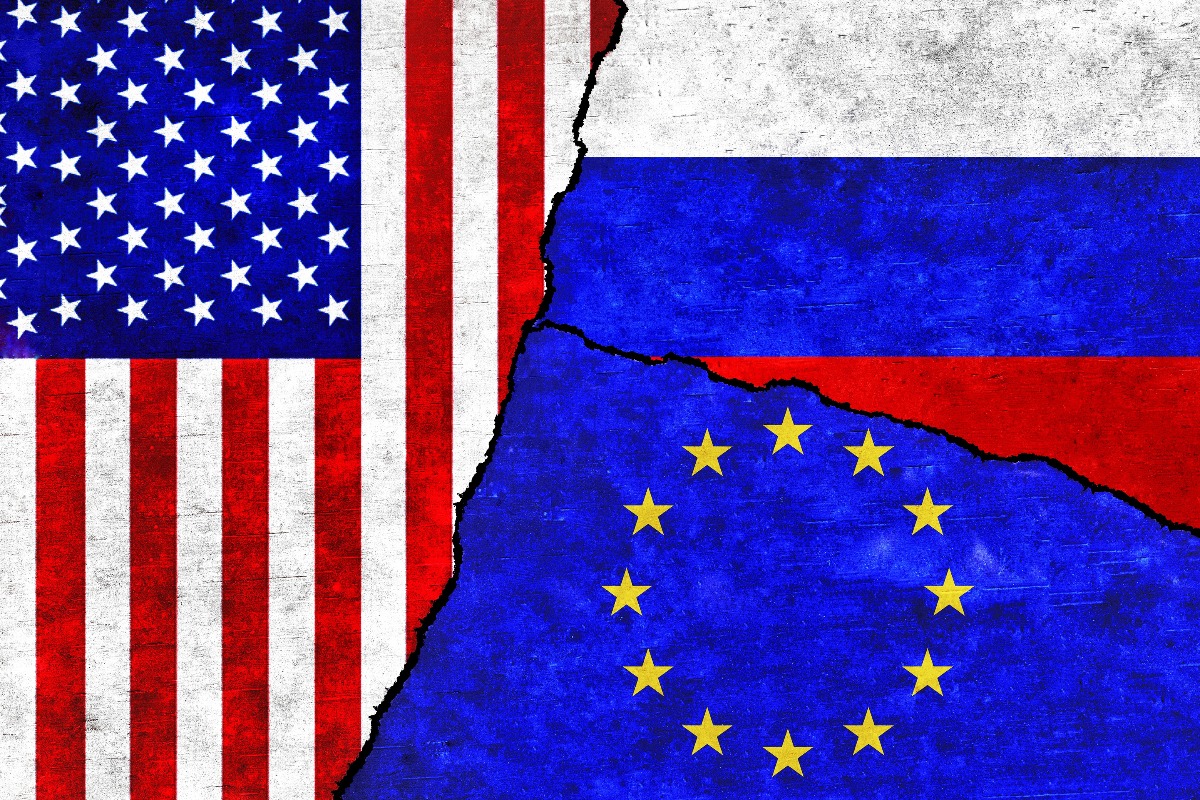
Comprehensive monitoring of key business activity indicators across the regions of Uzbekistan shows growth across all major metrics.

The United States has lifted the punitive tariff previously imposed on imports from India of Russian crude oil, effective Saturday.

Donald Trump said the US would lower its tariffs on India to 18 per cent after Prime Minister Narendra Modi “agreed” to halt purchases of Russian oil, ending months of trade friction between the countries, Financial Times reports.
